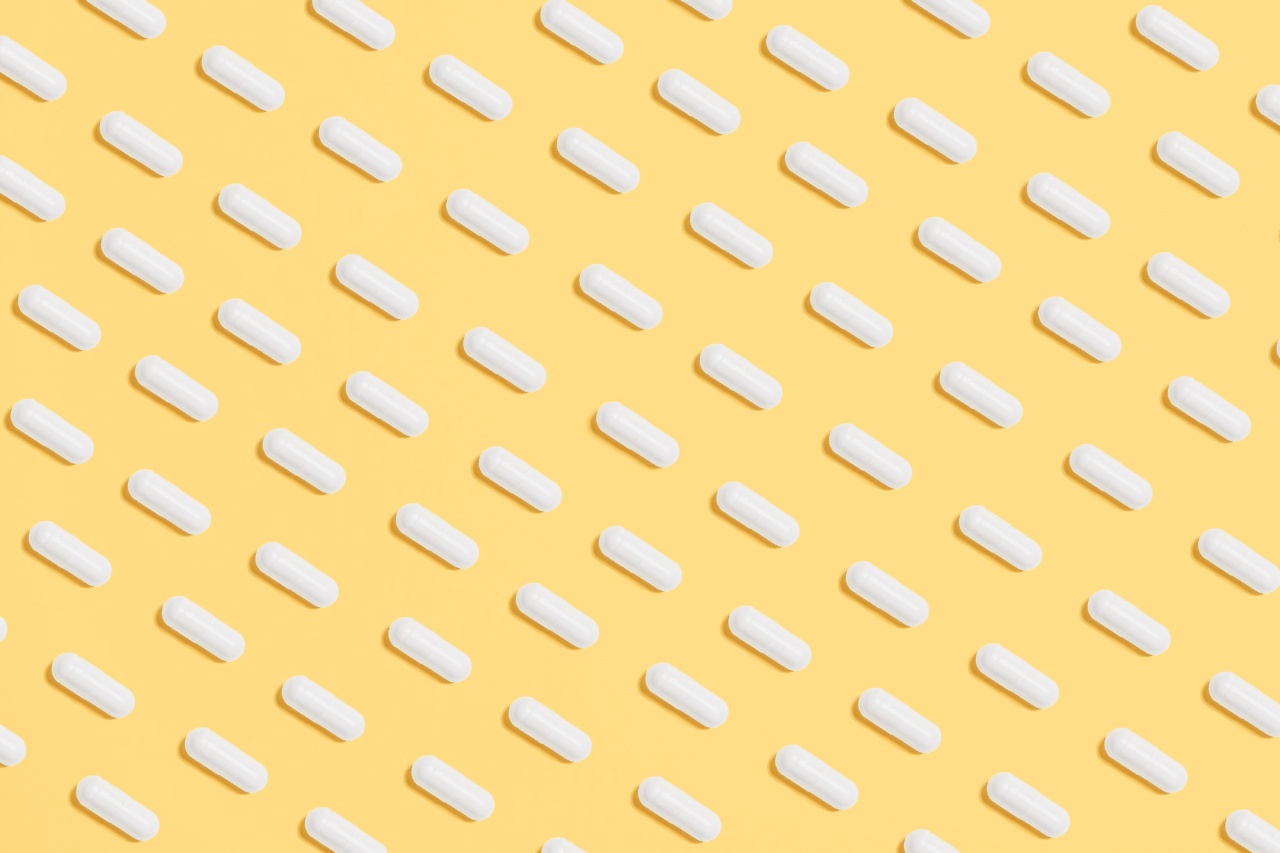Honey is one of the most remarkable natural substances known to man. It is composed of sugar, water, and trace amounts of minerals and vitamins. For hundreds of years, honey has been used for its nutritional and medicinal properties.
In this article, we will explore the many benefits of honey and why it is considered a medicinal marvel.
History of Honey as Medicine
The use of honey for medicinal purposes dates back to ancient times. It was used by Egyptians to treat wounds and has been mentioned in the Bible as a food of the gods.
In ancient Greece, Hippocrates, the father of modern medicine, used honey to treat a variety of illnesses, including ulcers and sore throats.
Antibacterial Properties
Honey has natural antibacterial properties. This means that it can kill bacteria that would otherwise cause infection. The antibacterial properties of honey are due to the presence of hydrogen peroxide and other antibacterial substances.
These substances help to prevent the growth and reproduction of bacteria.
Wound Healing
Honey has long been used as a wound dressing. Its ability to kill bacteria helps to prevent infection, and its natural anti-inflammatory properties help to reduce inflammation and promote healing.
The high sugar content of honey also draws moisture away from the wound, which helps to promote healing.
Cough and Sore Throat Relief
Honey is a natural cough suppressant. It can help to soothe a sore throat and reduce coughing. Honey works by coating the throat, which helps to reduce irritation and inflammation.
It also has natural antimicrobial properties, which can help to kill the bacteria that cause sore throats.
Aids Digestion
Honey can also aid in digestion. It contains enzymes that help to break down food, making it easier to digest. Honey also has natural prebiotic properties, which can help to promote the growth of beneficial bacteria in the gut.
This can help to improve overall digestion and reduce digestive issues.
Antioxidant Properties
Honey is also a potent antioxidant. This means that it can help to protect the body from damage caused by free radicals. Free radicals are unstable molecules that can damage cells and DNA, leading to disease and aging.
Honey contains antioxidants that can help to neutralize these free radicals, protecting the body from damage.
May Help with Allergies
Honey has also been shown to have potential in reducing allergy symptoms. This is because honey contains small amounts of pollen, which can help to desensitize the body to allergens.
Research has shown that consuming honey produced in the local area can help to reduce allergy symptoms in some people.
May Improve Skin Health
Honey has been used for centuries as a natural skin treatment. Its antibacterial and anti-inflammatory properties make it a great natural remedy for skin issues such as acne and eczema.
Honey is also a natural humectant, which means that it can help to retain moisture in the skin, keeping it smooth and hydrated.
Possible Cancer-Fighting Properties
There is also evidence to suggest that honey may have potential in fighting cancer. Some studies have found that honey can inhibit the growth of cancer cells and may help to prevent the spread of cancer.
More research is needed in this area, but the potential of honey as a natural cancer treatment is promising.
Conclusion
In conclusion, honey is truly a medicinal Marvel. Its antibacterial, wound-healing, and antioxidant properties make it a powerful natural remedy for a variety of health issues.
From digestion to allergies, honey may provide relief and a natural alternative to traditional medicine. However, it is important to note that honey should not be given to infants under one year old due to the risk of botulism.





























